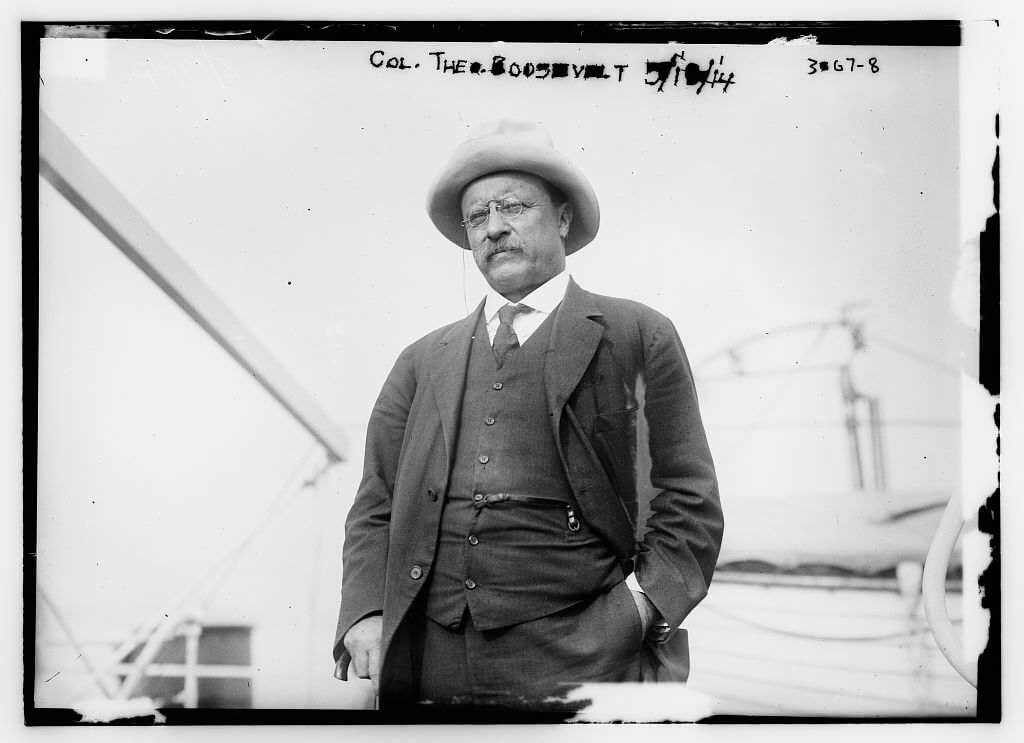Thinking about U.S. antitrust enforcement in the 21st century

After decades of being out of the policy spotlight, U.S. antitrust policy and concerns about firms’ increasingly concentrated market power have moved toward center stage. Recent research highlights the increasing concentration of control over the U.S. economy among a decreasing number of big firms. Such research and the events of the day—think of the wave of mergers and acquisitions among technology and healthcare companies—have moved policymakers toward increasing their attention to the enforcement of antitrust laws and other means of reducing market power.
But why should policymakers care about market concentration? There’s the well-known answer that increased market power hurts consumers, but there are other reasons to be concerned with increased market power in the U.S. economy.
First, it’s very possible that increased market concentration has contributed to the rise in income inequality. Jason Furman, Chairman of the President’s Council of Economic Advisers, and Peter Orszag, former Director of the Office of Management and Budget and currently at investment bank Lazard, make such an argument. The two economists connect the rise of inter-firm inequality and the increasing amount of “rents”(abnormal profits) in the economy due to market concentration. Their research suggests that these rents are captured by a select number of firms and then shared with workers at those “superfirms.” The result is major gains for a select number of workers at the expense of everyone else and an increase in income inequality.
Increasing market concentration also could have an effect on the function of the labor market. When economists talk about the use of market power, it’s often in reference to the markets for goods and services. Increasingly, however, some firms also leverage their power in the labor market. Instead of flexing their monopoly power, these firms would be using their monopsony power. And since firms with monopsony power will employ fewer workers than is optimal for the whole economy, increasing concentration could result in a decline in overall demand for workers.
These are just two examples of how the increasing concentration of firms in the U.S. economy may be a very worrying trend. There are many questions, however, related to these two examples—and many others related to the overall question of economic concentration. That’s why Equitable Growth is interested in accelerating investigations into these questions and why we are hosting an event tomorrow focused directly on the role of antitrust enforcement.
